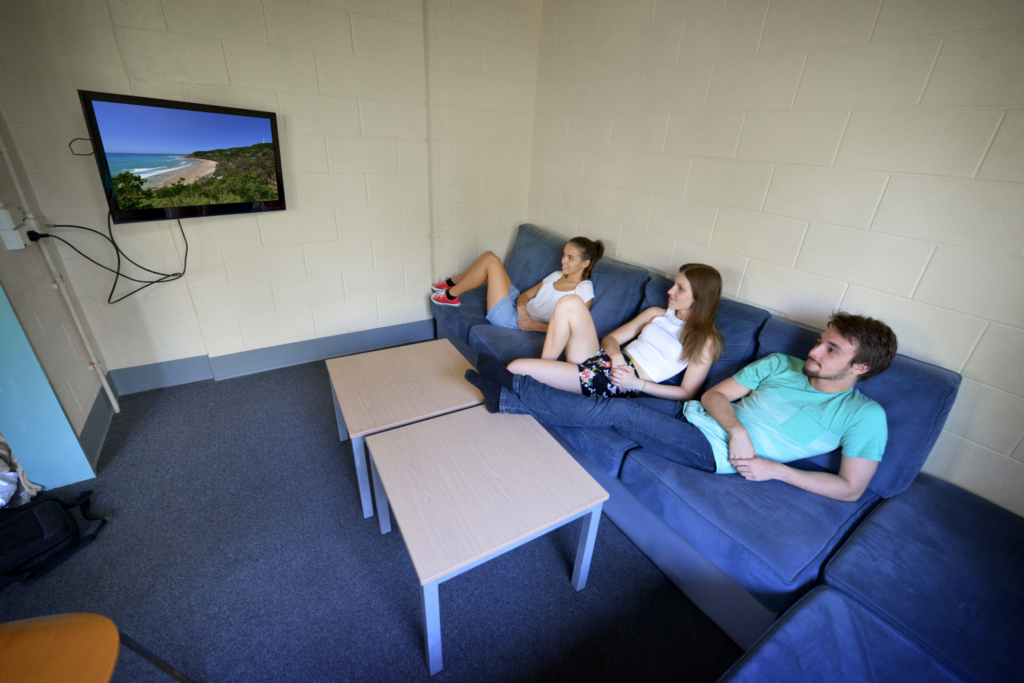Starting college marks a significant step in a young adult’s life, requiring more than just academic skills. It’s important to master certain life skills that form the core of college relocation essentials. These skills are indispensable for smoothly navigating college life’s new and sometimes complex world. This guide focuses on the life skills every college student should master. It will prepare you for academic success and a well-rounded and fulfilling college experience.
In this post:
- Master Your Money: Essential Financial and Life Skills Every College Student Should Master
- Time is Gold: Cultivating Time Management and Organizational Skills
- Fuel Your Brain: Simple Cooking Skills and Nutritional Know-How
- Wellness First: Self-Care and Mental Health Strategies
- Connect and Thrive: Building Effective Communication and Networking Skills
- Independent Living: Mastering Laundry and Basic Home Maintenance
- Final Words
Master Your Money: Essential Financial and Life Skills Every College Student Should Master
Managing finances is one of the life skills every college student should master, particularly when relocating to independent living. Effective budgeting is the cornerstone of financial management. It involves tracking expenses and income, allowing students to understand where their money goes. This skill is especially useful in areas like Maryland, where living costs vary significantly. Students should learn to categorize expenses such as rent, groceries, and entertainment and prioritize necessary spending. Budgeting apps can greatly aid this process, offering a clear view of financial health at a glance.
Understanding student loans is another crucial aspect. Students must know their loan terms, repayment options, and interest rates. This knowledge helps in making informed decisions about borrowing and repaying loans. In addition, saving money in college can seem challenging. Still, small steps like opting for used textbooks, taking advantage of student discounts, and cooking meals at home can add up to significant savings. At the same time, you must motivate yourself when times get tough in college. Don’t forget that these financial management skills lay the foundation for future financial stability.
Time is Gold: Cultivating Time Management and Organizational Skills
Effective time management and organization are key to balancing academic responsibilities and personal life in college. Utilizing digital or paper-based planners helps students keep track of their schedules, deadlines, and appointments. This practice ensures that nothing important is missed and helps allocate adequate time for study, work, and leisure. Apps like Google Calendar or Todoist can be helpful tools for scheduling and task management. They allow students to set reminders, create to-do lists, and plan their weeks efficiently.

Setting priorities is essential in managing time effectively. Students should identify their most important tasks and allocate time accordingly. Balancing academics and social life is also crucial. Students need to find a balance between studying and engaging in social activities. This balance is vital for mental well-being and overall college success. For those moving to college, especially in areas like Potomac, MD, finding local movers to assist you can save time and reduce stress during the moving process.
Fuel Your Brain: Simple Cooking Skills and Nutritional Know-How
Cooking is a valuable life skill for college students, promoting healthier eating habits and saving money. Learning basic cooking skills allows students to prepare simple, nutritious meals. That is particularly beneficial for those living off-campus, where they might have more kitchen access. Students can start with easy recipes that require minimal ingredients and cooking equipment. For instance, dishes like pasta, stir-fries, or salads are quick to make and allow for variation and creativity.
Understanding nutrition is equally important. A balanced diet contributes to overall health and academic performance. Students should aim to include a variety of foods in their meals, focusing on fruits, vegetables, proteins, and whole grains. Budget-friendly grocery shopping involves looking for sales, buying in bulk, and choosing seasonal produce. Many local markets offer fresh, affordable produce in places like Washington DC. Learning to meal prep can also save time during busy weeks, ensuring students have healthy meals readily available.
Wellness First: Self-Care and Mental Health Strategies
Self-care and mental health are essential aspects of a student’s life. College can be stressful, and developing strategies to manage it is important. Techniques such as mindfulness, exercise, and adequate sleep can significantly improve mental well-being. Students should aim for regular sleep schedules and find relaxation practices that work for them, such as yoga, meditation, or hobbies. Also, colleges often offer resources like counseling services and stress management workshops, which can be immensely beneficial.

Recognizing the signs of mental health issues and seeking help when needed is vital. College students should be aware of the support systems available to them, including on-campus counselors and peer support groups. Engaging in activities that promote mental health, like joining clubs or sports teams, can provide a sense of community and belonging. It’s also important for students to maintain social connections, as isolation can negatively impact mental health.
Connect and Thrive: Building Effective Communication and Networking Skills
Effective communication is essential in college, academic settings, and social interactions. Developing good communication skills helps students participate actively in classes, work effectively in group projects, and build relationships with peers and professors. It’s also important to be mindful of digital communication, especially on social media platforms. A positive online presence can open up networking opportunities and be beneficial in the long term.

Networking is an important aspect of college life. It involves building relationships that can provide support, advice, and potential job opportunities. Students should seek networking opportunities by attending campus events, joining clubs or organizations related to their field of study, and participating in workshops or guest lectures. That helps them to make friends and network in college, expanding their social and professional circles. Effective networking can lead to internships, mentorship opportunities, and job prospects post-graduation.
Independent Living: Mastering Laundry and Basic Home Maintenance
Laundry and basic home maintenance are essential skills for living independently in college. Learning to do laundry properly saves time and prevents damage to clothes. Students should know how to sort laundry, choose the right detergent, and use laundry machines effectively. In addition, keeping living spaces clean and organized contributes to a better living environment and can improve focus and productivity. Simple cleaning routines make a big difference. These can include regular dusting, vacuuming, and keeping surfaces clutter-free.
Home maintenance skills are also valuable. Students should have a basic toolkit for minor repairs, like fixing a leaky faucet or hanging pictures. Knowing how to perform these simple tasks can save money and improve the quality of living. Also, being prepared with essential supplies like light bulbs, batteries, and cleaning products ensures that students can handle minor issues without always needing outside help.
Final Words
Mastering the life skills every college student should master is crucial for a successful and enjoyable college experience. From financial management to effective communication, these skills equip students for future challenges and opportunities. As they step into this new phase of life, these abilities will aid in academic success, personal growth, and independence.






